Lesbians are still being denied single-sex spaces
There’s no such thing as a biologically male lesbian.
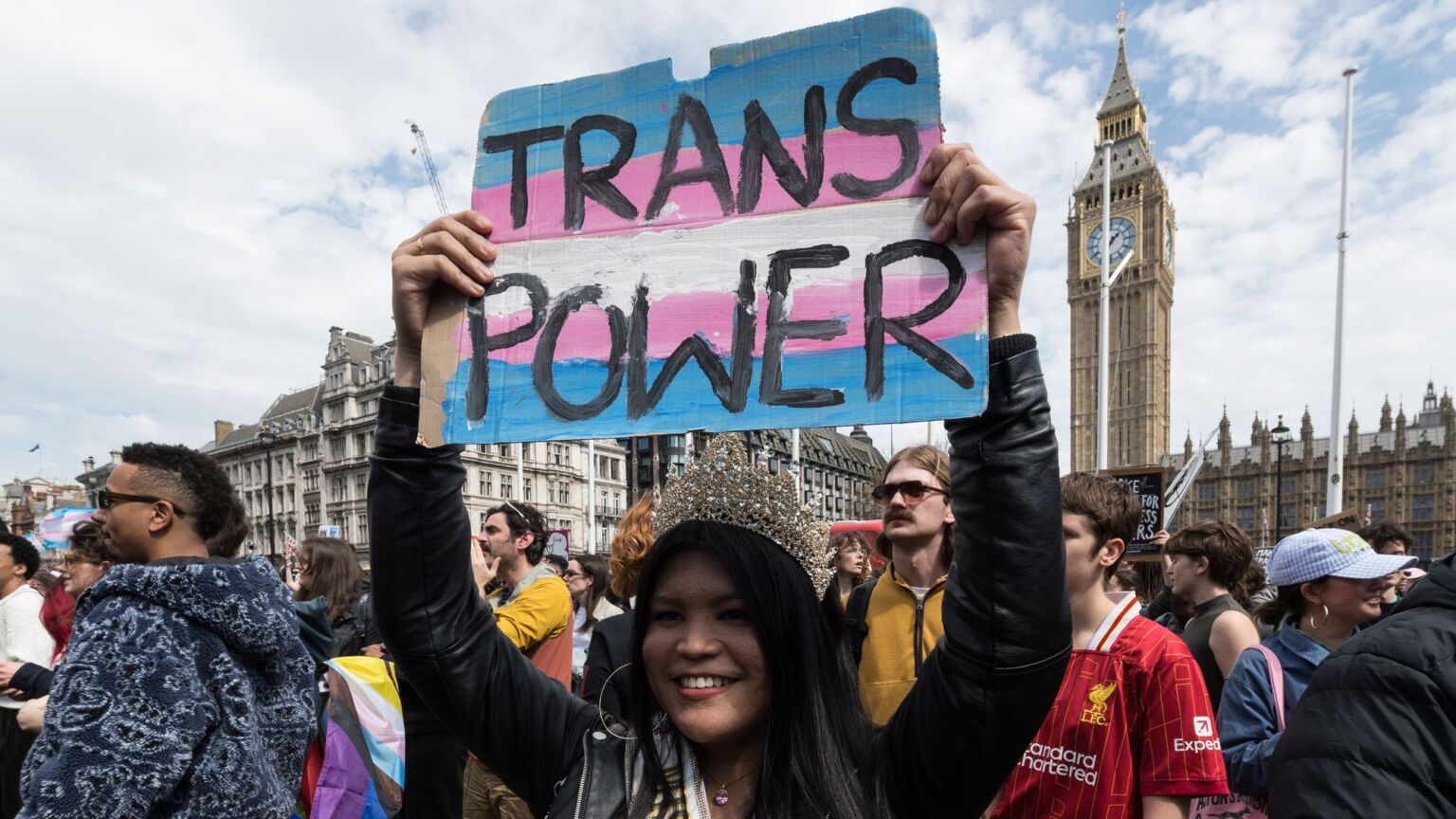
Want unlimited, ad-free access? Become a spiked supporter.
In today’s Britain, there is a space for everyone – apart from lesbians, it seems. Councils pour millions into LGBT projects, rainbow street art and drag shows. Why then, when lesbians ask for one small venue of their own, is the answer a resounding ‘no’?
There are plenty of lesbian spaces that include ‘male lesbians’. But actual lesbians – the women who were around when that term meant getting spat at, sacked, or beaten up – still face exclusion on a daily basis. While physical attacks have become rare, suppression from the very institutions that claim to stand for equality is now alarmingly common.
For years, I ran lesbian speed-dating events. After banning men from them back in 2023, our usual venue refused to host us. So I and other lesbians founded L Community – a network for lesbian and bisexual women – in order to take back control. When venues caved to activist pressure and refused to hold our events, we carried on anyway, routinely shifting locations and changing the lead organiser so no one woman could be blacklisted. Organising meet-ups became an exercise in staying two steps ahead.
In 2024, L Community launched the first female-only lesbian app. Our reasoning for doing so was simple: we wanted lesbians to be able to find each other. It concerned us that on other so-called lesbian apps, women’s voices were being drowned out by ‘male lesbians’ who made themselves impossible to miss. The nature of the infiltration was not dissimilar to being aggressively offered beef at a vegan buffet, and expected to pretend that nothing is unusual.
Astonishingly, not one full day after we released our app, men started to game the system. In order to beat our sex-verification checks, they got female friends – women presumably convinced they were doing their part to help the downtrodden and oppressed – to lend their faces. Once inside, they bombarded female users with explicit photos and abuse. The app ultimately had to be pulled and rebuilt, with brakes put on new accounts.
Earlier this year, when L Community tried to rent an empty railway arch for Britain’s first female-only lesbian venue, Southwark Council turned us down. Not because it didn’t have the availability, or because anything we intended to do was in breach of the law – but because, in 2025, institutions are cripplingly afraid of letting lesbians assemble unmonitored. Bear in mind, Southwark Council has spent more than £3million on ‘LGBTQ+ projects’ in recent years, including drag shows, male-only recovery centres and mixed-sex ‘queer’ spaces. Apparently, our relevance begins and ends with the ‘L’ part of the acronym.
All over the country, lesbian spaces have been shut down and blocked in the same manner – or else co-opted by those pretending to be us. The last time I went into London’s only ‘lesbian bar’, I was thrown out. This wasn’t due to anything I said or did on the night, but because I was recognised as the woman who banned men from lesbian speed-dating events. The complaint (surprise, surprise) came from a biological male. The bar has since erected a sign over the counter declaring, ‘I love girl dick’.
These institutions know perfectly well there will be no pile-on for ignoring us. For years, lesbians have been told to compromise, to mind the feelings of men, and to welcome them into spaces we know well they don’t belong in. Often, it is other women doing the telling. The outcome is always the same: the boundary-breaker stays, and the voices of actual lesbians are sidelined.
The reason lesbians are policed harder than anyone else is clear. We are the awkward reminder that sex still matters. Our existence demonstrates, in no uncertain terms, that there are limits to the idea that men can become women. Thus, terrified councils respond by removing, forcibly infiltrating or blocking the rebuilding of our spaces. This is an entirely political choice – one that tells young lesbians today that their rights end where someone else’s feelings begin.
Lesbians are not asking for special treatment. In our case, we are requesting one disused railway arch out of hundreds, to create a small, private, female-only venue, entirely in keeping with the law. Is that really so difficult to provide?
Southwark Council’s actions will not be forgotten. But they should know that when doors close, we kick them back open. We fought hard for our app and our events, and will continue to do so for our right to spaces without men. Cowardly institutions will not stop us from rebuilding what has been torn down. That is why, despite everything, we are still here.
Jenny Watson is the founder of L Community. Visit the website here.
You’ve hit your monthly free article limit.
Support spiked and get unlimited access.
Support spiked and get unlimited access
spiked is funded by readers like you. Only 0.1% of regular readers currently support us. If just 1% did, we could grow our team and step up the fight for free speech and democracy.
Become a spiked supporter and enjoy unlimited, ad-free access, bonus content and exclusive events – while helping to keep independent journalism alive.
Monthly support makes the biggest difference. Thank you.


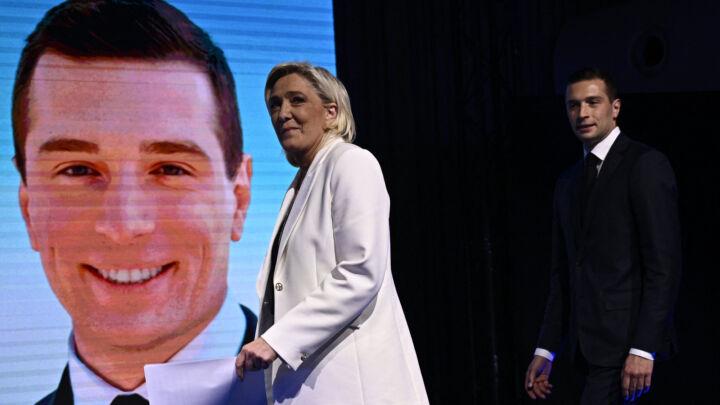
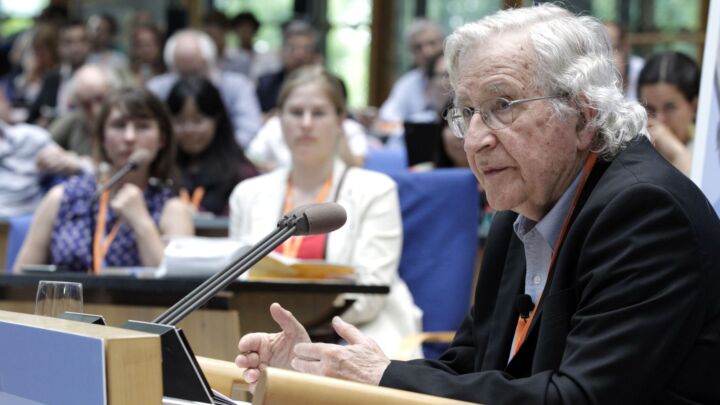
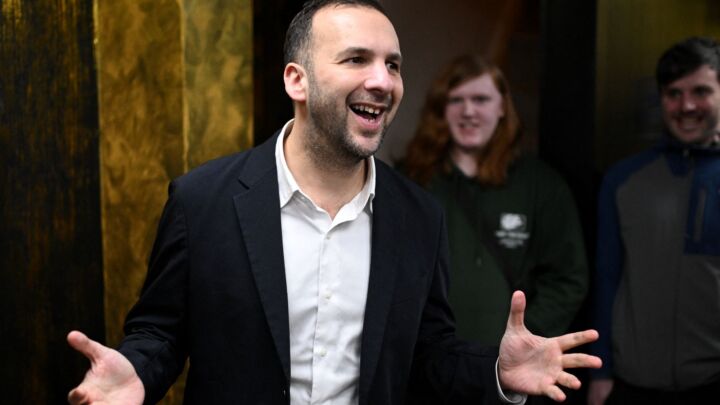
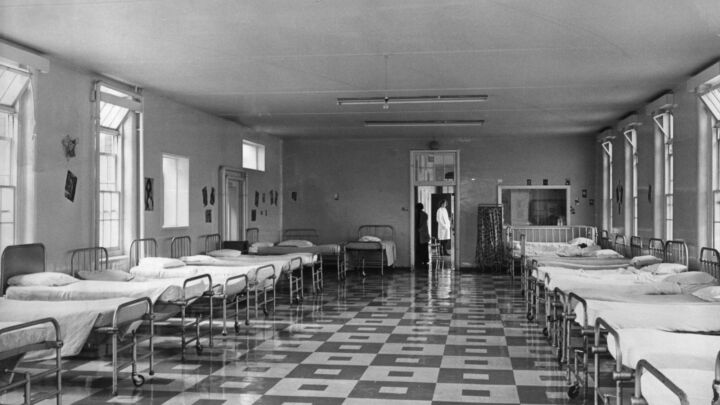
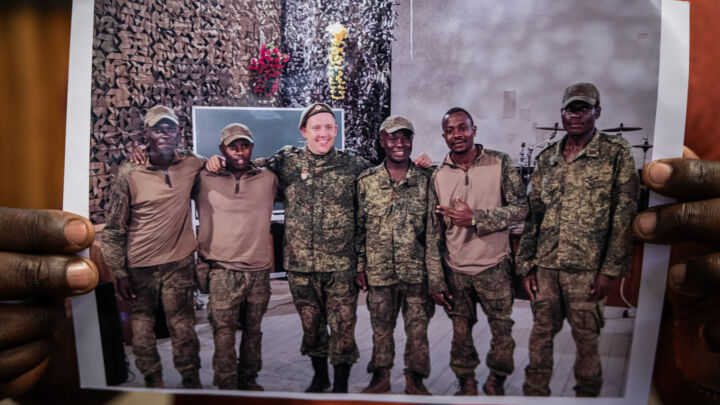



Comments
Want to join the conversation?
Only spiked supporters and patrons, who donate regularly to us, can comment on our articles.